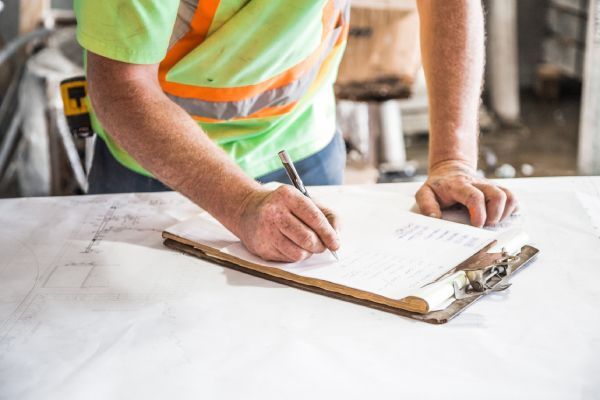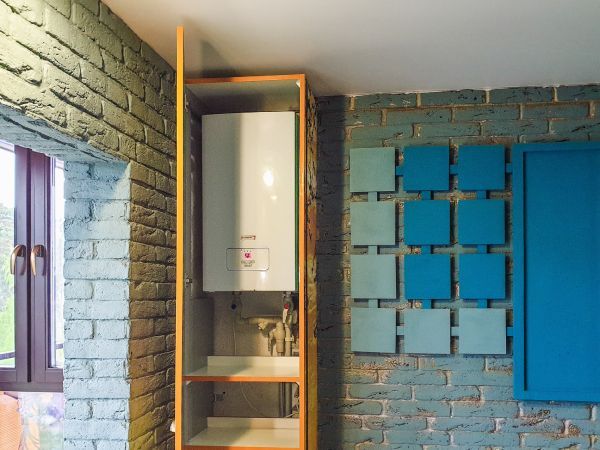Master Plumbers Blog
Top Tips for Keeping Your Home's Plumbing in Good Shape
Having a house of your own to call home is a privilege. However, there are many responsibilities that come with owning a property. Beyond paying a mortgage, it also falls upon you to preserve your home. You’ve spent a lot of money to purchase it, so it’s only logical to want to keep it in good shape so that it can last for generations. To do this, you need to give it the care it deserves—starting with the plumbing.
More often than not, a home’s plumbing system is overlooked until the sink starts leaking and the drains get clogged. If you don’t want to be that homeowner who pays thousands of dollars to repair or replace pipes, keeping your house’s plumbing in top-notch condition should be on your to-do list.
To help you with this task, here are some practical tips:
Refrain from Flushing Non-Flushable Items
It can be tempting to just flush an item down the toilet to dispose of it, but it’s a bad habit that can wreak havoc on your plumbing system. The only things that should be flushed in the toilet are urine and feces; other items like wipes, cotton pads, hygiene products, expired medicine, and the like should find their way to the bin. If you flush non-flushable items, it can lead to blockages, damage, and even contamination of groundwater.
Clogged toilets are not just a household issue, either. During the height of the COVID-19 pandemic in
New Zealand, citizens were warned not to flush wet wipes down the toilet. With the toilet paper shortage, people were resorting to using wet wipes for a period. This wouldn’t have been much of an issue if these wipes were disposed of properly into the rubbish. However, quite a lot of people flushed wipes in the toilet and this improper disposal resulted in clogged wastewater systems that had to be repaired with taxpayer funding.
Conduct Regular Inspections
Prevention is always better than cure, even when it comes to plumbing issues. Think of regular inspections of your plumbing like routine health checkups for your own health, which can help you catch potential problems before they turn into major headaches.
As such, take some time to check for leaks, corrosion, or any signs of wear and tear on your pipes and water fixtures. A simple DIY inspection can include examining visible pipes, faucets, and connections. For a more thorough evaluation, consider scheduling periodic professional plumbing inspections to keep everything in tip-top shape condition. To ensure you have a professional overseeing your
plumbing, Dunedin residents should trust only established plumbers like Mains Plumbers.

Observe Proper Drain Maintenance
Clear and unobstructed drains are the lifeline of a healthy plumbing system. To avoid clogs and blockages in your home’s so-called blood vessels, be mindful of what goes down your drains.
In the bathroom, invest in drain screens to catch hair and other debris. In the kitchen, make sure you don’t pour used oil down the drain if you don’t have grease traps installed. Moreover, regularly clean out your screen filters to ensure that they’re functioning optimally. Remember, a little drain maintenance goes a long way in preserving the smooth flow of water in your home.
Check Your Water Pressure
Water pressure may not be a frequent topic of conversation, but it plays a crucial role in maintaining a healthy plumbing system. Both high and low water pressure can cause unnecessary strain on your pipes and appliances and result in issues down the line. So, make it a habit to conduct a periodic DIY check and adjust the pressure accordingly. Maintaining optimal water pressure not only ensures the longevity of your plumbing and a consistent, reliable water supply.
To adjust the water pressure in your house, locate the pressure regulator valve, which is usually near the main water line entrance. Then, use a screwdriver to turn the adjustment screw clockwise to increase or counterclockwise to decrease the pressure. Make small adjustments at a time and check the pressure with a gauge to ensure it stays within the recommended range for optimal plumbing health.

Clean Bathroom Fixtures with Vinegar
Mineral deposits can accumulate in your water fixtures over time, which leads to reduced water flow and efficiency. Put a stop to this by incorporating vinegar into your cleaning routine.
Create a DIY cleaning solution using vinegar to remove mineral deposits from faucets and showerheads. First, mix a solution of equal parts vinegar and water. Next, apply the solution to fixtures such as faucets and showerheads; let the mixture sit for a few minutes, then scrub with a brush or cloth to remove mineral deposits and restore shine. If the mineral deposits are quite severe, fill a plastic bag with the homemade cleaning solution. Secure this bag to the faucet or shower head, then let it soak overnight before scrubbing and rinsing.
Regular cleaning not only maintains the aesthetics of your bathroom but also contributes to the overall health of your plumbing system.
Give your home some love by taking care of its pipes, drains, and fixtures. By following these essential tips, you're not just ensuring a smoothly flowing plumbing system but also saving yourself from potential headaches and costly repairs.





